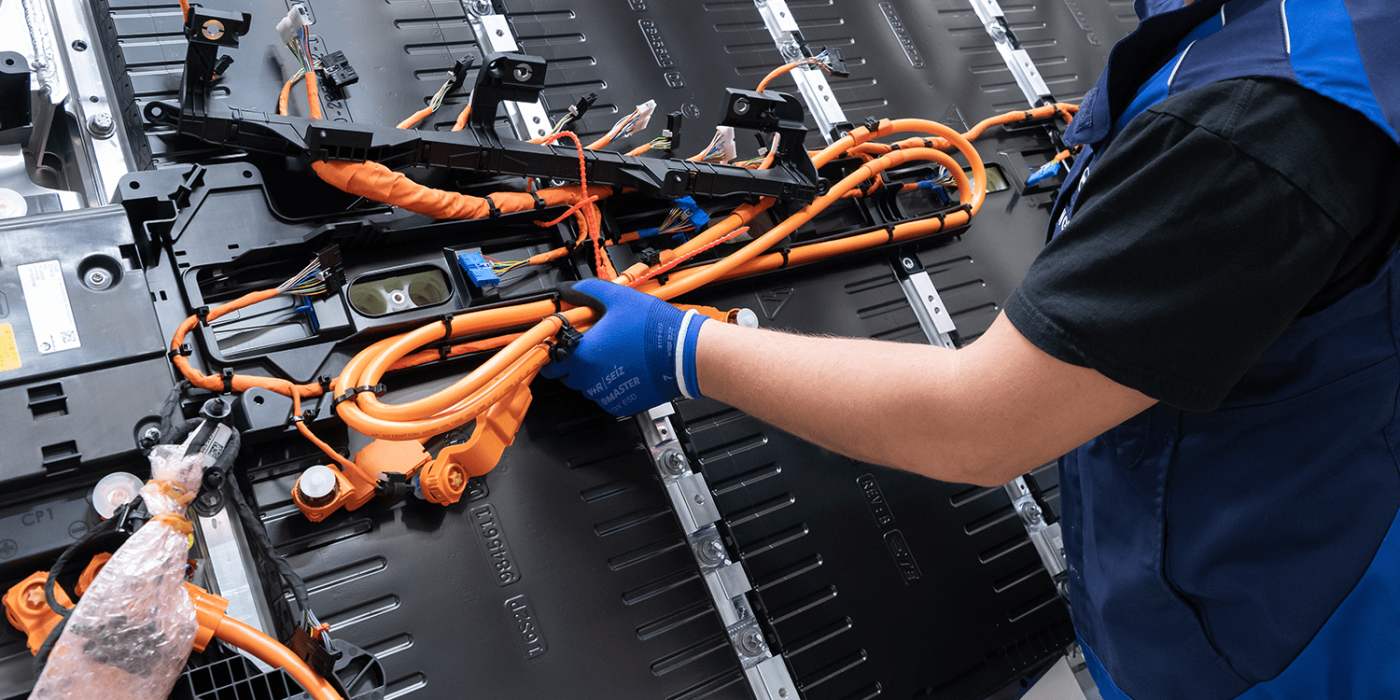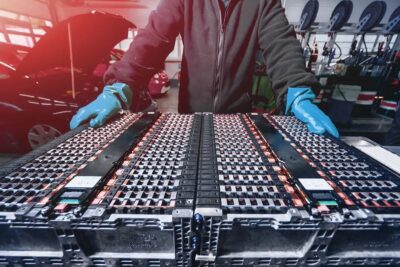EU Commission to offer further financial support to battery industry
The postponement by three years had already been revealed beforehand, with media and agency reports this week already talking about such a recommendation from the EU Commission. With the position now announced in an EU Commission communication, the entry into force of the rules of origin for electric cars in 2027 (instead of 2024) is likely to be a mere formality. This is because the majority of EU countries are known to favour the solution demanded by the automotive industry and the British government.
The Commission also emphasizes that this is a one-off extension of the current regulations until 31 December 2026. The proposal includes “a clause that makes it legally impossible for the EU-UK Partnership Council to extend this period further, effectively locking in the rules of origin that will apply from 2027”.
As far as the additional funding of up to three billion euros for the battery industry is concerned, the Commission is not yet being particularly specific. The “most sustainable European battery manufacturers” are to benefit from this over a period of three years. “This will create significant spillover effects for the entire European battery value chain, notably its upstream segment, as well as support the assembly of electric vehicles in Europe,” wrote the Commission.
Only one point raises eyebrows: The “Specific financial incentives to boost the EU’s battery industry” are intended to “foster faster and more cost-efficient support for the manufacturing of the most sustainable batteries in Member States”. The pace of previous EU funding programs has recently been repeatedly cited as a hurdle – when battery manufacturers in North America are lured with easily accessible and sometimes higher subsidies. The EU is considered too sluggish in the competitive environment with the American Inflation Reduction Act and the Chinese battery strategy.
The magazine Politico had already written in the insider report on the Commission’s emerging recommendation that Brussels would also announce a “package of financial support for the European battery industry” “to allay concerns from some member states that the rule change could increase dependence on Chinese batteries”.
The Commission’s proposal will now be officially discussed in the Council. In the body in which the EU member states are organized, there are already signs of approval, as mentioned above. A Council decision will then establish a common EU position in the Partnership Council, the highest decision-making body of the trade and cooperation agreement.
Update 21 December 2023
The EU Council has given the green light to the EU Commission’s proposal to postpone electric car tariffs between the UK and the EU by three years, giving “manufacturers of electric vehicles in the EU and the UK more time to comply with the local content requirements for electric vehicles and batteries under the EU-UK Trade and Cooperation Agreement.”
The rules of origin for electric cars and batteries were to come into force in January 2024, subjecting all vehicles that did not meet the requirements to a ten per cent tariff. These rules will now apply from 2027.
To finalise the measure, the EU-UK Partnership Council, which has been set up under the EU-UK Trade and Cooperation Agreement, will decide on the matter before the end of the year.
Update 22 December 2023
EV tariffs between the UK and the EU, which were due to come into force on 1 January 2024, have officially been postponed by three years. After the Council adopted a corresponding proposal from the Commission, the EU-UK Partnership Council has now also given its final approval.
europa.eu, europa.eu (update), europa.eu, gov.uk (update II)





0 Comments